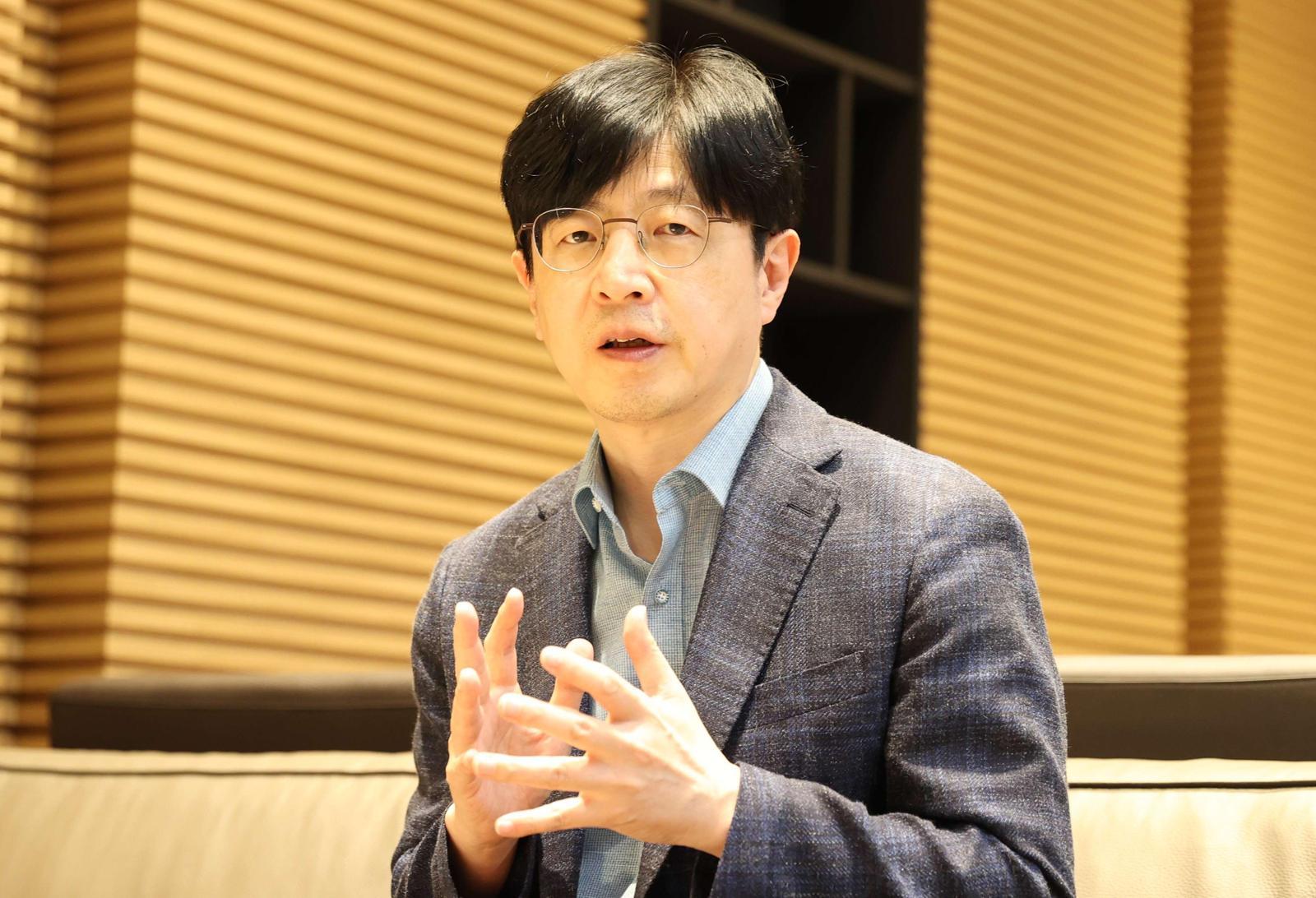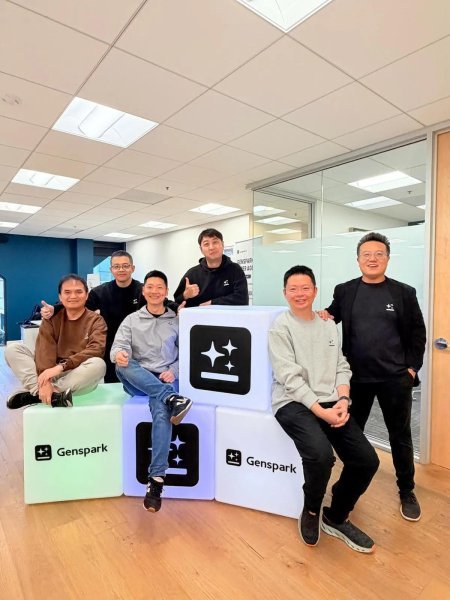
Biotech
"Gene-Editing Tech for Climate Crisis Solutions"
Dong-A Ilbo |
Updated 2025.10.20
Interview with Professor Jinsoo Kim of KAIST
Felt social responsibility observing wildfires… Genetically modified to enhance photosynthesis
Research results published in Nature Plants
“Regulating chloroplasts in the carbon cycle loop… can alter the Earth's carbon flow”
Felt social responsibility observing wildfires… Genetically modified to enhance photosynthesis
Research results published in Nature Plants
“Regulating chloroplasts in the carbon cycle loop… can alter the Earth's carbon flow”
Professor Jin-Soo Kim from KAIST, who founded 'ToolGen', 'GreenGene', and 'EdGene', is a world-renowned authority in the field of gene editing. After leaving Korea in 2022 to serve as a visiting professor at the National University of Singapore, he returned to KAIST earlier this year under the 'post-retirement professor system', which allows him to conduct research regardless of retirement age, contingent on securing research funding. Provided by KAIST.
“Even if one has a lot of money, it would be unfortunate if the Earth becomes a burning hell by the end of the century when my daughter is in her 90s. I hope my daughter ages happily. This is why I aim to expand the 'gene editing' technology, which I have worked on all my life, from disease treatment to climate crisis response technology. I see it as a scientist's social responsibility and will take up the flag.”Professor Jin-Soo Kim (61) of KAIST, met at the GreenGene headquarters in Geumcheon-gu, Seoul, before the Chuseok holiday, revealed his new goals with a sparkle in his eyes. He seemed like a novice researcher just taking his first steps in research.
Professor Kim is a world-renowned authority in the field of gene editing. He experimented with and patented the third-generation gene editing technology, 'CRISPR-Cas9', which changed the paradigm of life sciences, at the eukaryotic cell stage while he was a professor at Seoul National University in 2012. CRISPR-Cas9 is a technology that precisely finds and cuts out DNA bases that need correction.
As CRISPR gene editing gained global attention, from 2018, he faced controversies over patent rights and research funding in Korea, undergoing investigations and trials. Ultimately, he was acquitted of all charges, including the main allegation of 'embezzling patents worth billions of KRW', in the first, second, and third trials by the end of 2022.
During the prolonged trials, competing scientists received the Nobel Prize in 2020 for CRISPR-Cas9. After leaving Korea in 2022 to serve as a visiting professor at the National University of Singapore, he returned to KAIST earlier this year under the 'post-retirement professor system', which allows him to conduct research regardless of retirement age, contingent on securing research funding. In September, he donated 85,000 shares of 'ToolGen', a company he founded, to KAIST. The current value is approximately KRW 5.8 billion.
Professor Kim is challenging the resolution of the climate crisis with gene editing technology, which is emerging as a treatment for intractable genetic diseases. He stated, “Observing extreme climate events like large-scale wildfires, droughts, and heavy rain, which seem like wartime situations, I thought scientists must solve the climate crisis.”
The link between gene editing and solving the climate crisis is photosynthesis in plants. Chloroplasts in plants absorb carbon dioxide from the air, perform photosynthesis, and produce carbohydrates. Animals consume these plants to produce energy in mitochondria. The cycle continues as plants reabsorb the carbon dioxide emitted in this process. Professor Kim believes that developing crop or tree varieties with enhanced photosynthesis and carbon dioxide absorption efficiency through gene editing can significantly increase grain productivity and enhance carbon capture effects. This could simultaneously solve the climate and food crises. It can also increase the productivity of crops that can be used as raw materials for sustainable aviation fuel (SAF).
Professor Kim has already succeeded in directly editing the genes of chloroplasts and mitochondria in plants with a new gene editing technology, modified from TALEN (Transcription Activator-Like Effector Nucleases), known as the 'second-generation gene editing'. He published his research results in 'Nature Plants' and 'Cell'. He stated, “Chloroplasts and mitochondria are links in the Earth's carbon cycle, and by regulating these links, we can alter the Earth's carbon flow.”
Professor Kim emphasized that Korea should lead the world in fields where it excels, like gene editing. In 2016, the Massachusetts Institute of Technology (MIT) Technology Review selected gene editing using gene scissors as one of the top 10 technologies, specifying the 'core research team' as the Seoul National University research team. He remarked, “Until the mid-2010s, Korea was a leading country in gene editing research,” and added, “Currently, gene editing treatments like 'CasZevy' are being released in the US, and gene-edited fish are being sold in Japan, but in Korea, they are classified as 'Genetically Modified Organisms (GMO)', preventing research from being commercialized.”
The value of Professor Kim's research is expected to grow further. The gene editing technology 'RNP', derived from the original technology, is a core technology used by overseas biotech companies like CRISPR Therapeutics and Editas Medicine in experimental gene editing platforms. RNP is also used in the development of xenotransplantation organs. Professor Kim expressed his ambition, stating, “In Korea, scientists are perceived as having unstable careers, and I believe this is why Korean youth do not choose to become scientists. I will do my best to lead new research and be remembered as a happy scientist by my juniors.”
Lee Chae-rin
AI-translated with ChatGPT. Provided as is; original Korean text prevails.
ⓒ dongA.com. All rights reserved. Reproduction, redistribution, or use for AI training prohibited.
Popular News











